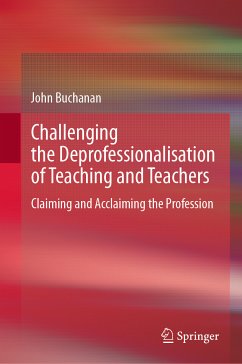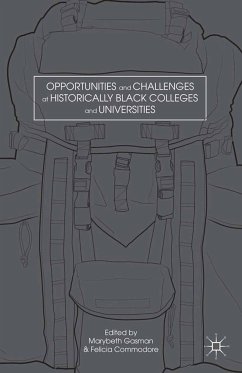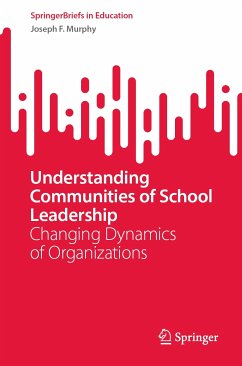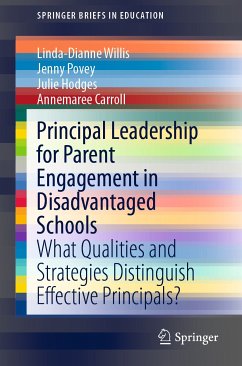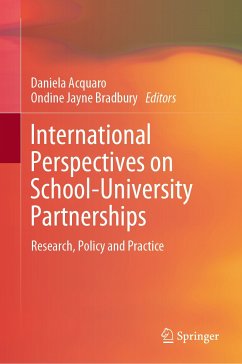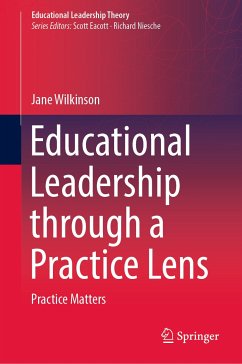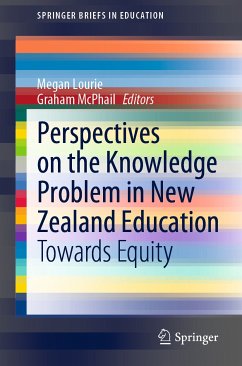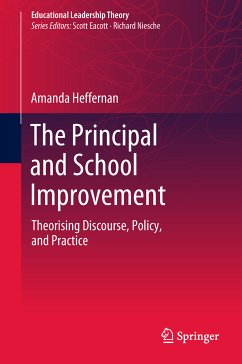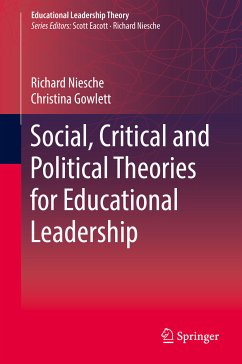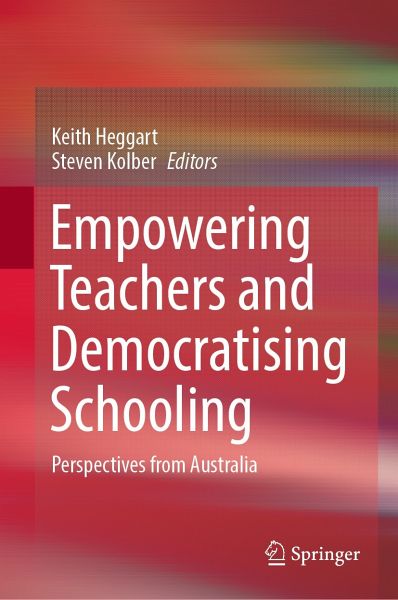
Empowering Teachers and Democratising Schooling (eBook, PDF)
Perspectives from Australia
Redaktion: Heggart, Keith; Kolber, Steven
Versandkostenfrei!
Sofort per Download lieferbar
80,95 €
inkl. MwSt.
Weitere Ausgaben:

PAYBACK Punkte
40 °P sammeln!
This edited book brings together teachers and education academics who are committed to education about, for and through democracy. It presents a diverse range of viewpoints about the challenges facing educators working across different sectors and discusses ways to challenge issues like neoliberalism, excessive managerialism and accountability and privatisation. It also engages with the times that education has, and continues, to fail students. This book outlines both logistical and ideological challenges which educators committed to democracy face and describes innovative approaches they have...
This edited book brings together teachers and education academics who are committed to education about, for and through democracy. It presents a diverse range of viewpoints about the challenges facing educators working across different sectors and discusses ways to challenge issues like neoliberalism, excessive managerialism and accountability and privatisation. It also engages with the times that education has, and continues, to fail students.
This book outlines both logistical and ideological challenges which educators committed to democracy face and describes innovative approaches they have adopted, including networking, the use of social media and digital tools and extending their reach beyond their local communities to international audiences. It encourages conversations about how educators and academics might re-commit to education for democracy and generate further avenues for discussion and action by educators and academics.
Dieser Download kann aus rechtlichen Gründen nur mit Rechnungsadresse in A, B, BG, CY, CZ, D, DK, EW, E, FIN, F, GR, HR, H, IRL, I, LT, L, LR, M, NL, PL, P, R, S, SLO, SK ausgeliefert werden.
Alle Preise in Euro und inkl. der gesetzl. MwSt. | Innerhalb Deutschlands liefern wir preisgebundene Bücher versandkostenfrei. Weitere Informationen: bitte hier klicken
Support
Bitte wähle dein Anliegen aus:
Rechnungen
Bestellstatus
Retourenschein
Storno



